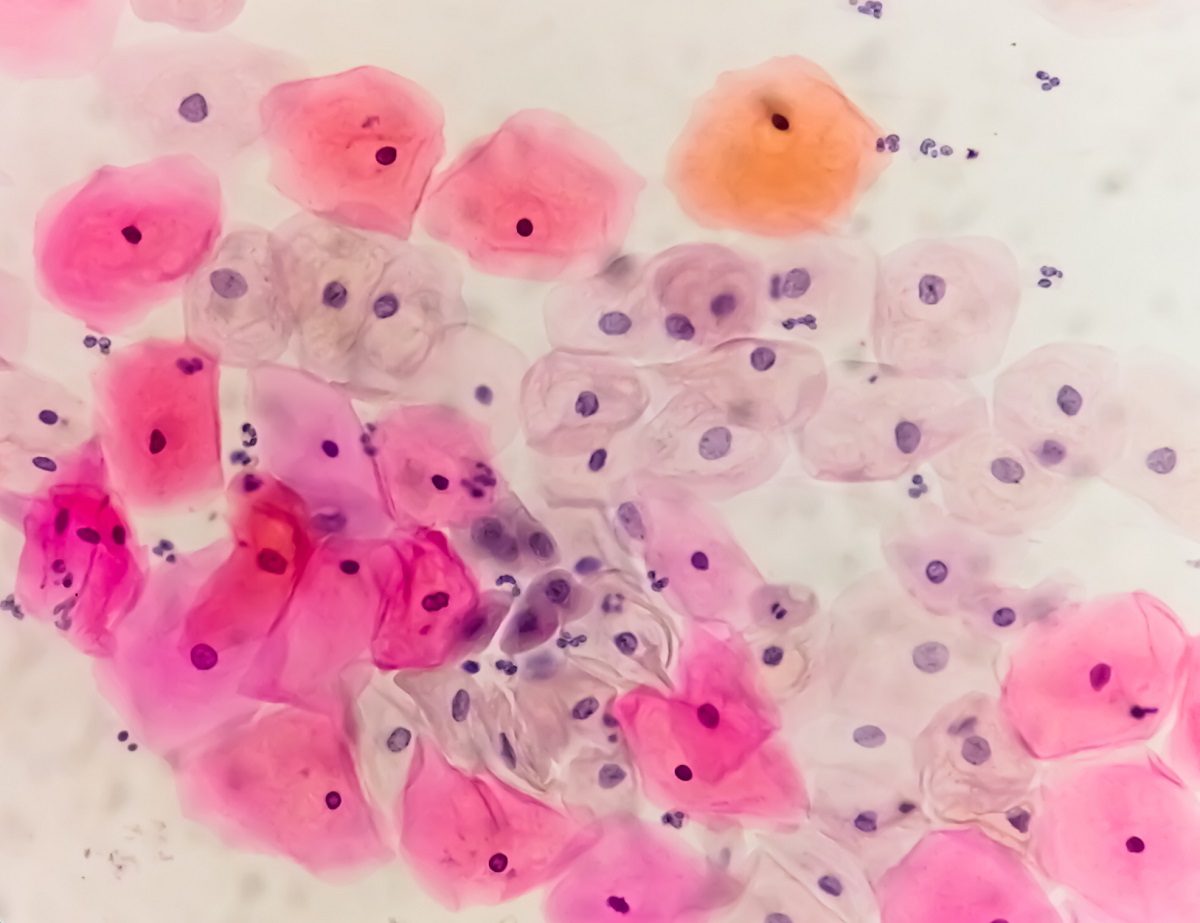KEY TAKEAWAYS
- The study aimed to confirm GWAS findings and explore their functional impact on cervical cancer.
- Researchers noticed that specific HLA variants affect HPV infection and cervical cancer risk, facilitating immune escape.
Cervical cancer is the 4 most common cancers in women. Genome-wide association studies (GWASs) have suggested that there are cervical cancer susceptibility variants at the HLA (human leukocyte antigen) locus on chromosome 6p21.
Rieke Eisenblätter and team aimed to substantiate these GWAS findings and investigate their functional impact in cervical tissues and cell lines.
They genotyped 9 variants from cervical cancer GWASs (rs17190106, rs535777, rs1056429, rs2763979, rs143954678, rs113937848, rs3117027, rs3130214, and rs9477610) in a german hospital-based series of 1122 invasive cervical cancers, 1408 dysplasias, and 1196 healthy controls.
They analyzed associations of certain variants with cervical malignancies, and invasive cancer or adenocarcinomas. These variants, along with a previously genotyped variant (rs9272117), were tested for potential eQTL effects on 36 gene transcripts at the HLA locus in 280 cervical epithelial tissues. The effects of proinflammatory cytokine γ-IFN on these transcripts in cervical epithelial cells were also examined.
The results observed that variants rs17190106, rs1056429, and rs143954678/rs113937848 were linked to cervical malignancies, while rs17190106 and rs535777 were specifically associated with invasive cancer (OR= 0.69, 95% CI= 0.55–0.86, P= 0.001) or adenocarcinomas (OR= 1.63, 95% CI= 1.17–2.27, P= 0.004).
The strongest eQTL pairs were rs9272117 and HLA-DRB6 (P=1.9x10E-5), rs1056429 and HLA-DRB5 (P = 2.5x10E-4), and rs535777 and HLA-DRB1 (P = 2.7x10E-4). Some transcripts were specifically upregulated (DDX39B, HCP5, HLA-B, LTB, NFKBIL1) or downregulated (HLA-C, HLA-DPB2) in HPV+ or HPV16+ samples. Treating cervical epithelial cells with γ-IFN induced HCP5, HLA-B, HLA-C, HLA-DQB1, HLA-DRB1, HLA-DRB6, and repressed HSPA1L in a dose-dependent manner.
The study concluded that key genes from MHC class I and II regions respond to inflammation in cervical epithelium and are linked to HPV and genomic cervical cancer risk variants, potentially playing roles in the immune escape of precancerous cells.
This study was funded by Bruno and Helene Jöster foundation.
Source: https://pubmed.ncbi.nlm.nih.gov/39101335/
Eisenblätter R, Seifert F, Schürmann P, et al. (2024). “Validation and functional follow-up of cervical cancer risk variants at the HLA locus.” HLA. 2024; 104(2):e15597. doi:10.1111/tan.15597, PMID: 39101335.



